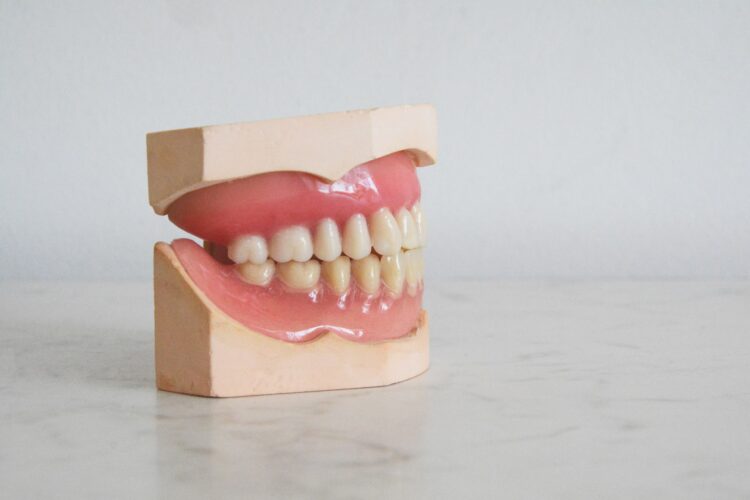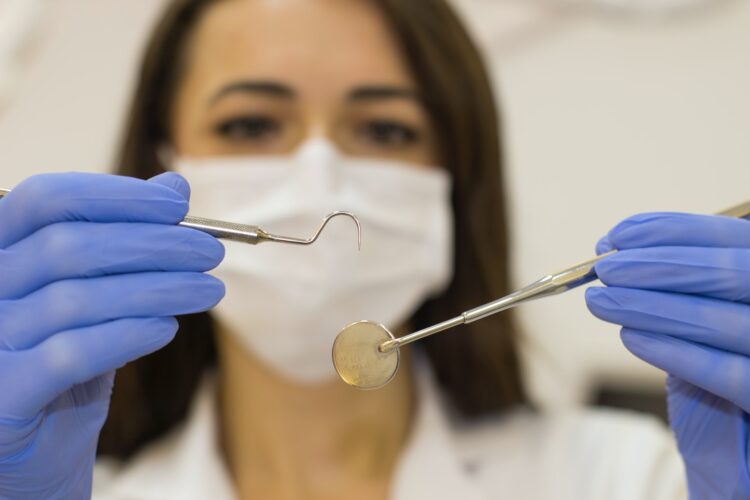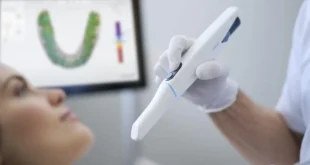Oral health is an essential part of general health – and so it is of main importance for functioning and quality of life. Good oral and dental hygiene affects the prevention of many diseases that are often not related only to the oral cavity. The most common diseases of the mouth and teeth such as caries and periodontal disease – are the results of poor hygiene. Therefore, we will remind you of the 5 most important reasons why good and adequate dental hygiene is so important.
The Importance Of Oral Hygiene

More than half a century ago, during dental examinations of people – it was established that their teeth are in a rather bad condition. Only a few of them practiced good oral hygiene and had healthy teeth. At that time, people were not so much aware of how dental hygiene is really important for health. The reason for this was insufficient information about proper hygiene – as well as irregular visits to the dentist. On the other hand, most dentists used to focus more on solving the problem of teeth – and less on their prevention. Since we should learn from our own experiences, we will remind you of 5 reasons why good dental hygiene is so important.
Dental Prevention
Due to the importance of oral hygiene – dental and health organizations have decided that dental standards considering prevention should be adopted. They decided it would be a proper thing to give advice to people that, besides regular dental hygiene – should probably see the dentist at least twice a year for a control examination and preventive cleaning and polishing of teeth. According to dentysta.eu, even when you practice excellent care of your teeth and gums – you should check-up your dentist regularly because he will check you for any problems that you may not notice. Unfortunately, many dental problems, such as tooth decay, nerve inflammation, gingivitis, or periodontitis, become visible when you start to feel pain and notice them when they reach a more advanced stage. Therefore, regular dental check-ups allow your stomatologist to recognize the early signs of the problem – and to cure them on time, painlessly, and quickly.
Reasons Why Dental Care Is So Significant
1. It Is Not Only The Beauty Of Your Teeth That Matters – But Their Health

Proper oral hygiene is not just about making your teeth look beautiful. This is also the key to success to avoid common dental issues such as gingivitis, gingivitis, caries, etc. When we were young, we were taught and advised about the significance of good and proper oral hygiene. We should memorize that. Proper dental hygiene will help you prevent caries, pigmentation, yellow teeth, or problems with bad breath.
2. Just Brushing Your Teeth Isn’t Enough
It is not only important to brush your teeth twice a day and floss them. Regular visits to the dentist and professional cleaning teeth with sandblasting and polishing of all teeth play an equal role for healthy teeth. Flossing and brushing with an adequate toothpaste and toothbrush is necessary to prevent the development of various oral diseases. But, even when you perform excellent hygiene – bacteria remain in the mouth, and with the remnants of food in the mouth they form plaque. That can be bad news for teeth because each time you eat – the bacteria create acids that will damage tooth enamel significantly, and will eventually lead to developing caries. When removing plaque regularly – you are preventing the development of caries and gingivitis.
3. Dental Hygiene As Important Factor For Your General Health

This is an essential part of our general health state – therefore, it is primarily important for a better quality of life. Good oral hygiene affects the prevention of many diseases that are often not related only to our oral cavity. Many common dental issues like caries or periodontal disease – are mostly the result of poor dental hygiene. Adequate care preserves the healthy state of our teeth and also the entire oral cavity. Moreover, it affects the state and health of some distant organs like the heart or blood vessels, kidneys, and joints. Patients with periodontitis in progress or advanced stage are twice more likely to suffer from a heart attack. Preservation and improvement of dental care are very significant prerequisites for the prevention and development of such health issues. This interconnection means that poor dental health will affect the whole organism and vice versa.
4. Significance Of Plaque Removal
Does your toothbrush looks worn out and look like you’ve been rubbing something rough? If so, then you are brushing too roughly. Contrary to what some patients think, rough brushing is not the best way to remove dental plaque. Once it has formed – the only solution is a professional dental plaque cleaning to help you remove it. Therefore, a check-up with your dentist approximately every six months to do it – and prevent any further problems.
5. Aesthetics And Discolored Teeth

In addition to tartar, patients are most often dissatisfied with the color of their teeth. Over time, they darken and get a yellowish color – also brown and grayish pigmentation can occur as a result of genetics or eating habits. Teeth are also dark due to the consumption of certain foods – especially coffee, wine, carbonated beverages, etc. Also, consuming tobacco darkens teeth. This is why teeth whitening is the most sought-after cosmetic procedure today. Such a process takes place in carefully controlled conditions – so by safe, controlled, and painless use of whitening gel you can get results that are visible immediately.
Conclusion
Although today the awareness of the importance of dental care has grown significantly in developed countries, still, a modern lifestyle and poor eating habits bring greater risks. However, the solution still exists. A large number of different products, in addition to the usual toothpaste and toothbrush, are available on the market, to help you in your efforts to maintain healthy teeth. Unfortunately, most of us only remember the importance of oral hygiene when problems arise. Research has shown that when a patient is activated and starts thinking about their teeth, they can show immediate progress in their oral hygiene habits. However, only a small percentage of patients maintain the same level of oral hygiene six months later. Maintaining good oral hygiene must be a lifelong and daily habit.
 Hi Boox Popular Magazine 2025
Hi Boox Popular Magazine 2025



